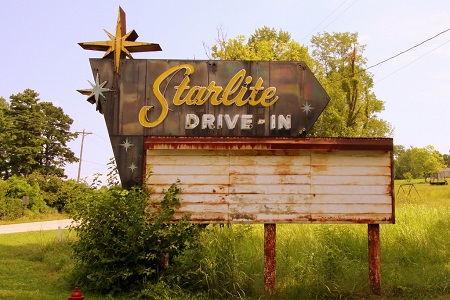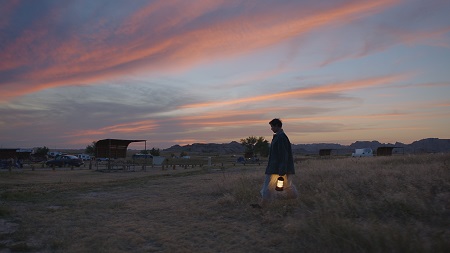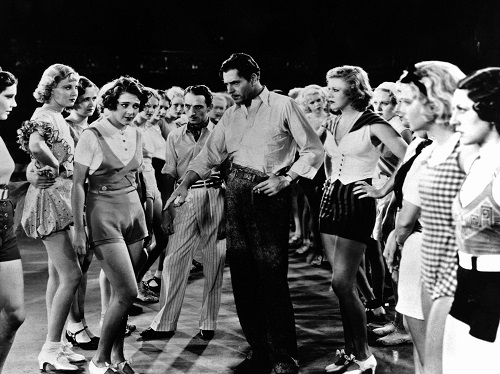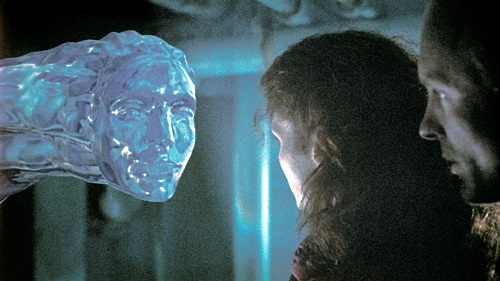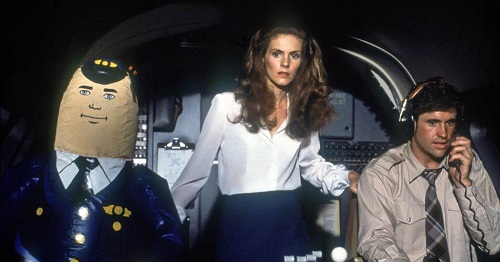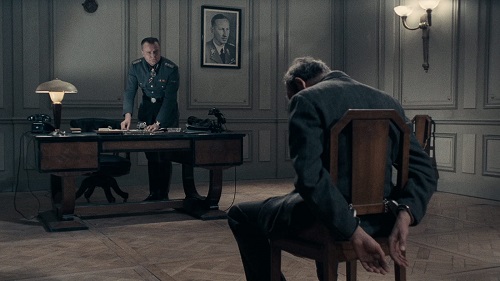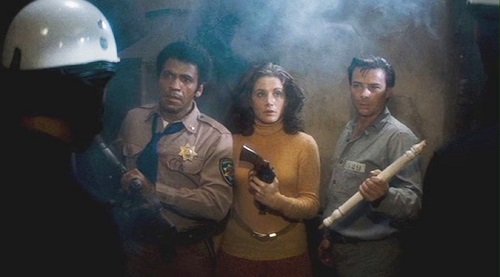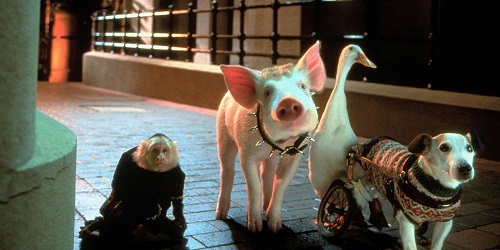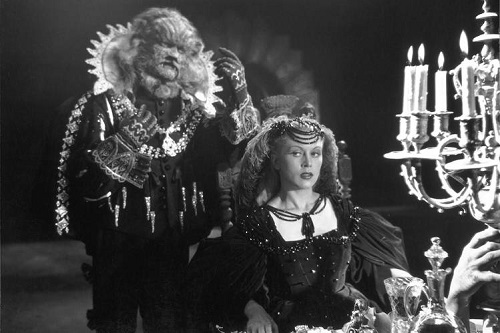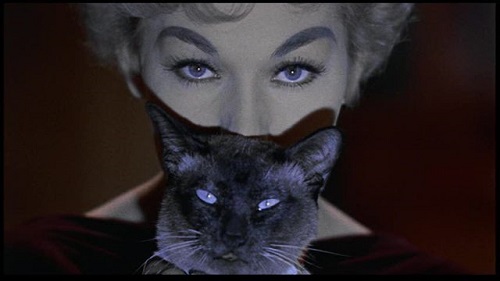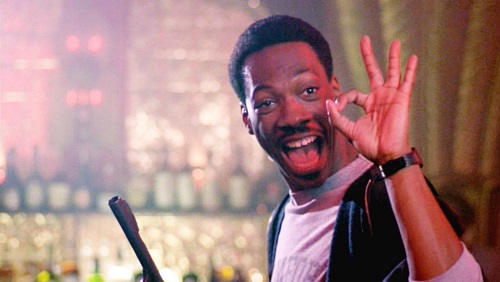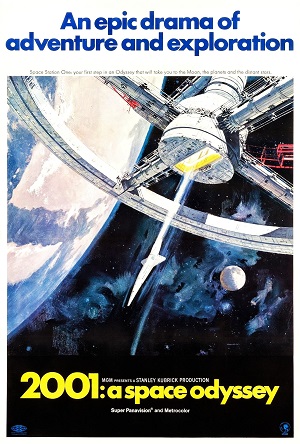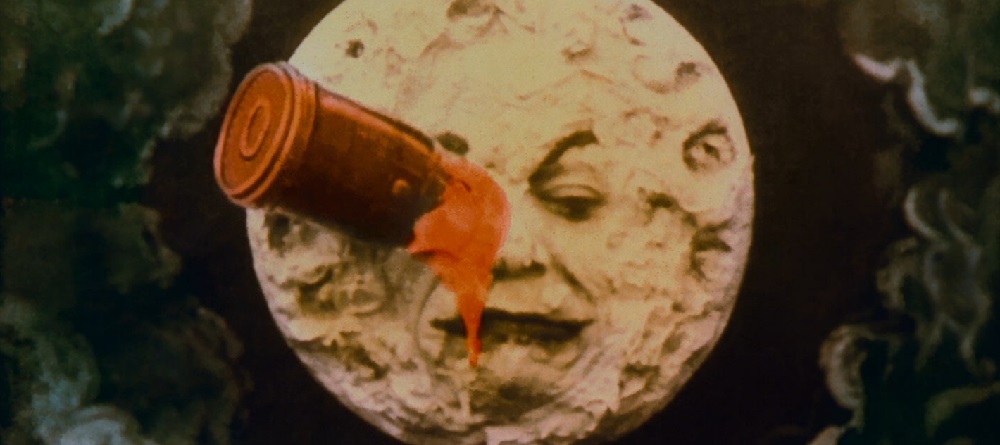
How I lost it at the drive-in and fell in love with the movies
NOTE: This feature originally appeared in the March 5, 2021 edition of the Seattle Gay News. It is reprinted here by permission of the publisher Angela Craigin. Part Two of this series will appear in tomorrow’s edition (April 2, 2021) of the newspaper and online. It will be reprinted here at Moviefreak.com on May 6, 2021.
Influential film critic Pauline Kael published her first compendium of reviews I Lost It at the Movies in 1965. When asked in 1971 by journalist Hollis Alpert of the Saturday Review what exactly she might have “lost” during these trips to the theater that she described so eloquently in her essays, Kael’s answer was suitably nondescript: “There are so many kinds of innocence to be lost at the movies.”
I can emphatically state I “lost it” at my local drive-in theater. Growing up in Spokane, it was my family’s weekly ritual to pile into the car and head out to one of the many venues (typically the Starlite Drive-In) and see whatever double-feature might happen to be playing. Genre? Actors? Rating? None of that mattered. It was the experience that counted, and my parents were certain that within the confines of our blue Chevy Nova we could watch anything no matter what the subject matter, all because we were doing it together.
One of the few positives about the pandemic has been the resurgence of drive-in theaters. The few remaining venues are doing bang-up business, families piling into their vehicles and experiencing cinema in the great outdoors, many for the first time.
Unfortunately, all of the sites my family and I frequented in Spokane are closed. If my parents or my siblings want to pile into a car and recreate those experiences we had back in the 1980s, they have to head out to the Auto-Vue Drive-In Theatre in Colville.
Why the nostalgia? Back in April of 2020, before we knew how long we’d be isolated and that lockdowns would become regular occurrences, I’d wax poetic on the status of the film industry, Hollywood history and whatever else might be the topic of the hour with fellow critics over Twitter, Zoom and other modes of social media. It was a fun way to talk about when we all lost our moviegoing innocence. Each story was different. each inherently personal, all of them coming straight from the heart, showcasing a love of cinema that could not be denied.
During one of these chats, the question invariably turned to, “what are your favorite movies of all-time?” This is a query every critic and film historian has been asked multiple times, and one all of us have a small handful of stock answers for. I like to revert to a response borrowed from my good friend Moira Macdonald of the Seattle Times and say my favorite film is hopefully whichever one I watch next. It’s a snappy comeback that usually produces a chuckle or two. It also allows me to avoid providing a definitive answer.
But what does make a great film? What makes them timeless? How do we know they’re essential? To me, those questions are close to unanswerable. Where one person finds Citizen Kane to be the greatest motion picture ever made, someone else could just as easily claim it’s Happy Gilmore. Greatness is personal to each viewer, and while history has constructed a fairly extensive list of so-called “classics,” that does not mean there’s universal agreement as to which titles deserve such a designation.
This discussion brings me back to the drive-in. And the public library. And my local multiplex. And the video stores I worked at in high school and college. It brings me back to watching Universal monster movies with my grandmother and John Wayne westerns with my grandfather. It reminds me of heading out to see the latest war flick with my father or an animated treasure from the Disney vault with my mother. This was my film school, and all these decades later I still recall individual moments from these years as if they happened yesterday.
Throughout the remainder of 2021, I’m going to debut my list of 1,001 great films I think viewers owe it to themselves to see. I was challenged to come up with this list while we were in our first lockdown, and during that time I diligently dug into my past and came up with what I feel is a rather solid assemblage of favorites.
The oldest title is renowned turn-of-the-century filmmaker and pioneering illusionist Georges Méliès’s A Trip to the Moon from 1902. I saw this one on PBS with my grandmother as a child. I remember precious little about that moment other than the look of euphoria on her face as she talked about why this 14-minute short was so important. Grandma spoke about her childhood and what it was like to be told about this film (and others like it) from her grandmother, never thinking she’d be able to tell these stories to her own grandchild decades later courtesy of a public television documentary.
The most recent title is Chloé Zhao’s remarkable Nomadland, a poetic marvel of introspective empathetic grace. If any other motion picture has captured this moment in our history better than this one has, I have not seen it. Zhao paints a picture of the American Dream that is as heartbreaking as it is beautiful, delivering a poetic soliloquy on individuality and personal freedom I found hauntingly irresistible.
In-between those two is a collection of several usual suspects and quite a few idiosyncratic peculiarities that mean a great deal to me personally. Titles from all over the world and screened for curious audiences over the past century are represented, and while I wish there were more international offerings and not so many pictures directed by white men, overall I’m fairly happy with the rich diversity of my selections.
Here’s the core thing to remember: this is my list. I look at this as a starting point, an introduction into the larger conversation about cinema’s rich history. My experiences and biases are also reflected here. The eras I came of age in (most notably the 1980s and 1990s) are substantially emphasized, while the silent era and the films of the 21st century are given slightly shorter shrift than other decades are.
This list is presented in alphabetical order one hundred titles at a time. The oldest films from this section are Battleship Potemkin and The Big Parade, both from 1925. The most recent is Amour from 2012. Each month I’ll reveal more of my selections culminating in a final disclosure of all 1,001 motion pictures this coming December.
For right now, I’ll leave you with this question: What’s your favorite movie?
3 Bad Men (John Ford) (1926)
3 Women (Robert Altman) (1977)
4 Months, 3 Weeks and 2 Days (Cristian Mungiu) (2007)
8½ (Federico Fellini) (1963)
12 Angry Men (Sidney Lumet) (1957)
25th Hour (Spike Lee) (2002)
28 Days Later (Danny Boyle) (2002)
42nd Street (Lloyd Bacon) (1933)
The 400 Blows (François Truffaut) (1959)
1900 (Bernardo Bertolucci) (1976)
2001: A Space Odyssey (Stanley Kubrick) (1968)
20,000 Leagues Under the Sea (Richard Fleischer) (1954)
Abbott and Costello Meet Frankenstein (Charles Barton) (1948)
The Abyss (James Cameron) (1989)
Ace in the Hole (Billy Wilder) (1951)
Adaptation (Spike Jonze) (2002)
The Adventures of Robin Hood (Michael Curtiz) (1938)
The African Queen (John Huston) (1951)
After Hours (Martin Scorsese) (1985)
The Age of Innocence (Martin Scorsese) (1993)
The Agony and the Ecstasy (Carol Reed) (1965)
A.I. Artificial Intelligence (Steven Spielberg) (2001)
Airplane! (Jim Abrahams, David Zucker, Jerry Zucker) (1980)
Akira (Katsuhiro Ôtomo) (1988)
Alien (Ridley Scott) (1979)
Aliens (James Cameron) (1986)
All About Eve (Joseph L. Mankiewicz) (1950)
All About My Mother (Pedro Almodóvar) (1999)
All of Me (Carl Reiner) (1984)
All Quiet on the Western Front (Lewis Milestone) (1930)
All That Heaven Allows (Douglas Sirk) (1955)
All That Jazz (Bob Fosse) (1979)
All the King’s Men (Robert Rossen) (1949)
All the President’s Men (Alan J. Pakula) (1976)
Almost Famous (Cameron Crowe) (2000)
Alphaville (Jean-Luc Godard) (1965)
Amadeus (Milos Forman) (1984)
Amarcord (Federico Fellini) (1973)
American Splendor (Shari Springer Berman, Robert Pulcini) (2003)
An American Werewolf in London (John Landis) (1981)
The Americanization of Emily (Arthur Hiller) (1963)
Amour (Michael Haneke) (2012)
Anatomy of a Murder (Otto Preminger) (1959)
Andrei Rublev (Andrei Tarkovsky) (1966)
Angel Heart (Alan Parker) (1987)
Animal Crackers (Victor Heerman) (1930)
Annie Hall (Woody Allen) (1977)
Aparajito (Satyajit Ray) (1956)
The Apartment (Billy Wilder) (1960)
Army of Shadows (Jean-Pierre Melville) (1969)
Arsenic and Old Lace (Frank Capra) (1944)
The Asphalt Jungle (John Huston) (1950)
The Assassination of Jesse James by the Coward Robert Ford (Andrew Dominik) (2007)
Assault on Precinct 13 (John Carpenter) (1976)
Atlantic City (Louis Malle) (1980)
Atonement (Joe Wright) (2007)
Attack the Block (Joe Cornish) (2011)
Au Revoir les Enfants (Louis Malle) (1987)
Audition (Takashi Miike) (1999)
Avalon (Barry Levinson) (1990)
Away from Her (Sarah Polley) (2006)
The Awful Truth (Leo McCarey) (1937)
Babe (Chris Noonan) (1995)
Babe: Pig in the City (George Miller) (1998)
Babette’s Feast (Gabriel Axel) (1987)
Back to the Future (Robert Zemeckis) (1985)
Bad Day at Black Rock (John Sturges) (1955)
Bad Education (Pedro Almodóvar) (2004)
Ball of Fire (Howard Hawks) (1941)
Bambi (multiple directors) (1942)
Bamboozled (Spike Lee) (2000)
The Band Wagon (Vincente Minnelli) (1953)
Batman Returns (Tim Burton) (1992)
The Battle of Algiers (Gillo Pontecorvo) (1966)
Battle Royale (Kinji Fukasaku) (2000)
Battleground (William A. Wellman) (1949)
Battleship Potemkin (Sergei M. Eisenstein) (1925)
Beauty and the Beast (Jean Cocteau) (1946)
Beauty and the Beast (Gary Trousdale, Kirk Wise) (1991)
Before Sunrise (Richard Linklater) (1995)
Before Sunset (Richard Linklater) (2004)
The Beguiled (Don Siegel) (1971)
Being John Malkovich (Spike Jonze) (1999)
Bell, Book and Candle (Richard Quine) (1958)
Belle de Jour (Luis Buñuel) (1967)
Ben-Hur (William Wyler) (1959)
Best in Show (Christopher Guest) (2000)
The Best Intentions (Bille August) (1992)
The Best of Youth (Marco Tullio Giordana) (2003)
The Best Years of Our Lives (William Wyler) (1946)
Beverly Hills Cop (Martin Brest) (1984)
The Beyond (Lucio Fulci) (1981)
Beyond the Valley of the Dolls (Russ Meyer) (1970)
Bicycle Thieves (Vittorio De Sica) (1948)
Big (Penny Marshall) (1988)
The Big Heat (Fritz Lang) (1953)
The Big Parade (King Vidor) (1925)
The Big Sleep (Howard Hawks) (1946)
Bird (Clint Eastwood) (1988)
Black Christmas (Bob Clark) (1974)
– This feature reprinted courtesy of the SGN in Seattle
